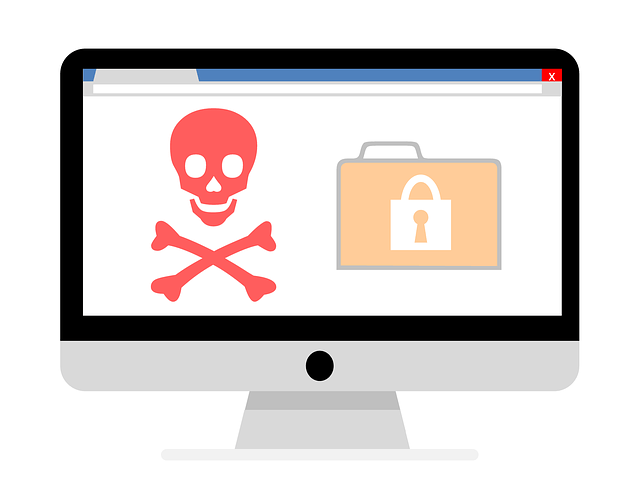Increased Ransomware Attacks: Protecting Remote Employees
With more employees working remote, unfortunately this can cause more exposure to new cyber security threats such as Ransomware.
Ransomware is not new. They are designed to blackmail victims. By encrypting a target’s data, cybercriminals coerce victims to meet their demands such as handing over a credit card, bitcoin, or gift cards as an unlock “fee”.
The New York Times shared in early February 2020 that ransomware attacks had reportedly increased by 41% from 2018 to 2019 . And the trend is still going up.
Evolution of Ransomware Attacks
Ransomware was initially targeted at consumers to scare or trick them into paying a fine or complying with their attacker’s demand. However, hackers shifted their focus to targeted business attacks as the consumer ransomware landscape became overcrowded and less lucrative.
New work-from-home directives have left many employees vulnerable to attacks because they’re unfamiliar and unprepared for ransomware threats.
The Emerging Threats
Cyber security experts are warning about an increase in Coronavirus-themed cyber attacks targeting work-from-home employees. The attackers are using concerns and stress induced by Covid-19 to prey on staff working outside a secure office environment.
Ransomware is distributed mainly via spear phishing emails, compromised RDP, or deployment on already compromised systems.
The Cybersecurity and Infrastructure Security Agency (CISA) issued alerts in March specific to cybersecurity concerns regarding working from home. Some of these are based on compromising VPN software that was designed to provide secure access to organizations’ systems.
The Impact of Ransomware
The full impact of ransomware attacks is unknown since private companies are free to not report attacks for any reason.
Ransomware targeting public institutions such as hospitals, schools, and Police Departments can have devastating effects. Aside from financial loss, they have the potential of disrupting essential services and battering the reputation of target organizations. For private organizations, the downtime and loss of customer’s confidence can ruin a business.
Why Increase in Attacks?
Most employees working from home are working under unfamiliar circumstances. They are not aware of the security risk. This new arrangement can cause employees to make costly mistakes they would not have made under an office condition.
Additionally, employees working from home opens up a new number of entry points into an organization that wasn’t there previously. These endpoints may not have been properly vetted or configured due to the urgency involved in keeping the business running.
Employees may also use new devices that are not authorized by the organization to access a company’s server.
Employees can also engage in risky behavior such as clicking on unknown links they would have avoided if in the office due to distraction.
How to Prevent Ransomware Attacks
Enhanced Email Security
Attackers deploy ransomware to new devices primarily through phishing emails. By blocking this entry point, you can reduce the risk of a ransomware infection and keep employees safe.
Install a sophisticated email security system on work from home devices so that suspicious emails can be blocked before being opened. Businesses should also educate employees on the dangers of spam emails and how to handle them.
Keep Your System Up-to-date
With new and advanced ransomware threats, your devices’ security system must be kept up-to-date to stay secure.
Operating systems, browsers, and communication software should be set to auto-update to get patches for newly discovered vulnerabilities.
Secure Your Organization Network and Infrastructure
Fighting malware on an individual employee level isn’t enough, businesses must also invest in full network and system security software for their servers.
Such a system will block and limit the spread of ransomware in case an employee’s system is compromised. New emails should be scanned and filtered before they are forwarded to their final destination.
System security software should check individual files for threats and block suspicious network activities.
Secure VPN should be mandated for assessing company servers remotely.
Set up a Backup System
Ransomware thrives on the threat of data destruction. Having an automatic off-site and standalone backup of your data or full system will reduce your risk of being extorted since you can restore deleted or corrupted data.
Encrypt your Files
All business data should be encrypted to reduce the threat of private data exposure. Employees working devices should also have an encryption system in place. Additionally, a home-based workforce should be discouraged from using non-approved devices, avoid using public Wi-Fi without a VPN.
The threat of ransomware is increasing due to the evolving need to work from home. Employees can help reduce the risks posed to your business by providing them with the resources listed above.
Please contact us today if you feel your company could be at risk of a cyber attack.
The post Increased Ransomware Attacks: Protecting Remote Employees appeared first on SDTEK | San Diego, CA.



